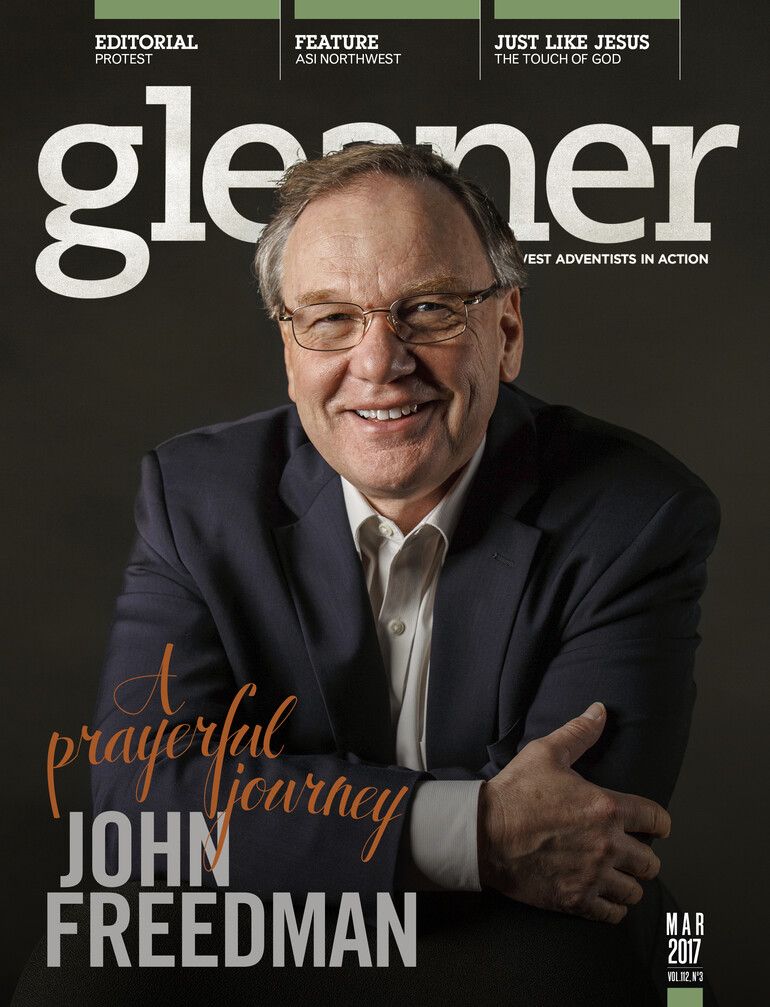A couple years ago a man named Tom ruined the game show Jeopardy for everyone in the world. The question, or answer as it happens to be in the game of Jeopardy, posed to the contestants read as follows: In common law, the age of this, signaling adulthood, is presumed to be 14 in boys and 12 in girls. “What is puberty?” would have secured a correct answer and $400.
Instead Tom buzzed in and said, “What is the age of consent?” — not only the wrong answer but a WRONG answer in so many spectacularly horrible ways that have now made him as infamous as the rest of America is uncomfortable.
Now to be fair, participating on a nationally televised game show where money is at stake is a lot of stress; and when you are under pressure, or having a bad day, sometimes things slip out you would give a kidney to be able to travel back in time in order to prevent from ever escaping into the social atmosphere.
We call them “faux pas” (false steps), steps into steaming piles of socially awkward situations. No doubt some of you reading this are scraping the cringe factors off your reputation because of “oversharing” a current medical ailment regarding bodily functions with complete strangers … in an elevator. Or perhaps you confused someone’s wife for their mother, their mother for their girlfriend, their child for their spouse or a nonpregnant lady with a pregnant lady … soooo awkward.
Stories are endless: asking people in other countries if they speak "American," trash-talking the person you didn’t know was standing right behind you, sending that text message meant for your spouse to someone else who was delighted to hear you loved them and would be making their favorite meal for supper (happened to me a couple years ago, and I let them know I was personally offended they never made supper for my family).
The ancient Hebrews recorded a proverb in the pages of Scripture that speaking to these appalling scenarios: “A word fitly spoken is like apples of gold in a setting of silver” (Prov. 25:11). The point is that carefully crafted, and in the correct setting, words are beautiful, inspiring, captivating, healing, nourishing and powerful — listen to the following phrases, picture their context and their impact:
- "We hold these truths to be self-evident … .”
- "I think, therefore I am."
- "That's one small step for man, one giant leap for mankind.”
- “I have a dream.”
- "For God so loved the world … ."
How do you like them apples?
Jesus says, “Do not lay up for yourselves treasures on Earth, where moth and rust destroy and where thieves break in and steal, but lay up for yourselves treasures in heaven, where neither moth nor rust destroys and where thieves do not break in and steal. For where your treasure is, there your heart will be also" (Matt. 6:19–21). The words for “laying up” and “treasure” aren’t the usual terms for gold, silver or money. The words are “thesaurizete” and, for yourselves, “thesaurus.” Seriously, “For where your thesaurus is, there your heart will be also.”
A thesaurus? That’s the word Matthew uses for treasure? Sounds like he needed a thesaurus.
When you think of treasure most of us don’t think of a book full of words; but a thesaurus is a valuable treasure for writers, speakers and anyone who communicates (which is everyone). And often our communication shapes the world we live in — making life a jewel or a cruel joke.
Jesus also indicates in Matt. 12:34–37 the words we use reveal what we value, our treasure. Matter of fact, the Middle English word “thesaurer,” which derives from the Greek word, means “treasurer." Our words have tremendous power and value, which is why we say things like “he’s man of his word." We say someone’s word carries “weight,” we want to know the “good word,” and we “take people’s word” for it.
When words fail we eat them, or swallow them. We become frustrated when someone takes the words out of our mouth. And when we speak of a person or a group of people without power, we say they have no voice — no one can hear their words. As believers we desperately want to hear a word from the Lord. Our Lord is even introduced as the Word, and that Word was made flesh and dwelled among us, and dwells in us, and, hopefully, speaks through us.
Our current communicative environment lends itself to misunderstanding and hasty response — and it doesn’t appear it will change any time soon. However, more thoughtful and intentional use of language by believers has the potential to counter some of the toxic cultures in our churches and online communities — without losing truth or power.
May Jesus help us speak words with the skill of an ancient craftsman placing apples of silver in settings of gold.











